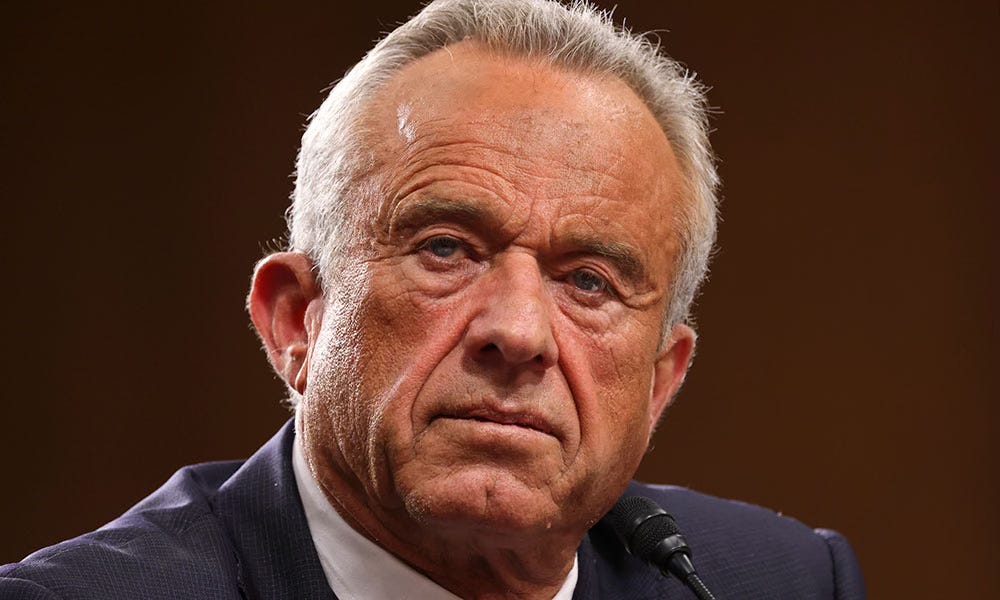The Vaccine Wars: RFK Jr.'s Chaotic CDC's Advisory Committee on Immunization Practices Met Last Week
RFK Jr.’s committee of vaccine skeptics turned America's premier health advisory panel into a theater of the absurd that we all got to watch last week. It’s enough to make a person sick - literally.
The hot mic moment said it all. As the gavel came down on Thursday's session of what was once America's most respected vaccine advisory committee, the audio system picked up one panelist's verdict on a colleague: "an idiot." Nobody knew who said it, but in the chaos that has engulfed the CDC's Advisory Committee on Immunization Practices (ACIP) since Robert F. Kennedy Jr. swept into power, it hardly mattered. Everyone was thinking it about someone.
Welcome to the new world order at the Centers for Disease Control and Prevention, where the nation's vaccine policy is now being decided by a motley crew of Kennedy appointees—half of whom were installed just days before their first meeting. It's a reality show masquerading as public health policy, and the reviews are in: "There will be preventable deaths that result from these decisions," warned Dr. Lakshmi Panagiotakopoulos, who oversaw the CDC's COVID vaccine work before she r…



